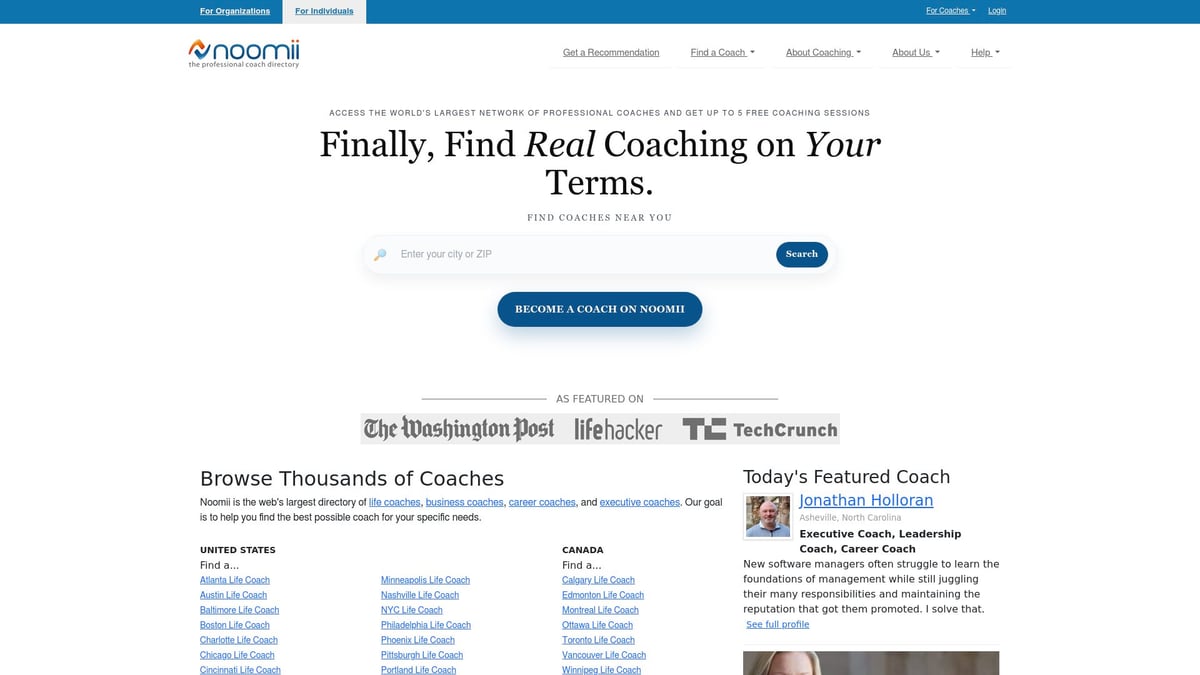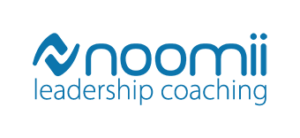Does Business Coaching Have an ROI: A Practical Guide 2025
Business leaders often ask, does business coaching have an ROI, especially as budgets tighten and every investment is under the microscope. With so many options on the table, it is easy to be skeptical about whether coaching drives real, measurable returns in 2025.
This guide will answer that question directly, using the latest research and real-world case studies. You will learn exactly what ROI means in business coaching, how to track it, and why it matters to your organization.
We will break down proven benefits, show you how to maximize results, and address common concerns with fresh data and actionable strategies.
Understanding ROI in Business Coaching
When business leaders ask, "does business coaching have an roi," they want clear, measurable answers. ROI, or return on investment, in business coaching means evaluating both the quantitative and qualitative gains a company experiences after engaging in coaching initiatives. This dual lens helps organizations capture the full impact of coaching, from boosting profits to transforming workplace culture.
ROI matters because every investment must justify its value to stakeholders. In recent years, top studies have established typical ROI benchmarks for coaching, with returns ranging from 5x to 7x the initial investment. For a closer look at these statistics and industry trends, see the Business Coaching ROI Statistics 2025 report.
It's essential to distinguish between hard ROI and soft ROI:
| Hard ROI (Financial) | Soft ROI (Behavioral/Cultural) |
|---|---|
| Increased sales | Improved communication |
| Higher profitability | Enhanced leadership skills |
| Reduced turnover costs | Greater employee engagement |
A common misconception is that "does business coaching have an roi" only applies to financial results. In reality, organizations often see measurable gains in employee retention, engagement, and overall performance after coaching. For example, companies report higher revenue and stronger teams following targeted coaching programs.
Ultimately, ROI in business coaching is not just about dollars. It reflects sustainable performance improvement, driving both immediate and long-term business success.

Measuring the ROI of Business Coaching: Step-by-Step
Understanding does business coaching have an roi starts with a structured approach. Measuring business coaching ROI is not guesswork. It is a methodical process that brings clarity to your investment and results. Here is a clear, actionable framework leaders can follow to quantify coaching’s impact.

Step 1: Define Clear Objectives and KPIs
Before coaching begins, set clear, measurable objectives. This is essential for answering does business coaching have an roi in your context. Examples include improving leadership competency scores, boosting sales growth, or reducing employee turnover.
Align coaching goals with your overall business strategy. Involve key stakeholders to ensure buy-in and relevance. Well-defined KPIs provide a roadmap for measuring coaching success and keep everyone accountable for results.
Step 2: Gather Baseline Data
Start by collecting pre-coaching performance metrics. Use employee surveys, 360-degree assessments, and financial reports to establish a benchmark. This data forms the foundation for meaningful comparisons later.
A thorough baseline helps you isolate the impact of coaching from other variables. Be systematic—document the starting point for each KPI, so improvements are clearly attributable to coaching interventions.
Step 3: Track Progress and Outcomes
Ongoing measurement is vital to determine does business coaching have an roi over time. Track key metrics during and after coaching. Quantify improvements in revenue, productivity, engagement, and retention.
Leverage technology like dashboards or scorecards for real-time tracking. For a deeper dive into robust measurement strategies, explore Evaluating Coaching Program ROI. This ensures that both financial and behavioral outcomes are captured, empowering leaders to make informed decisions.
Proven Benefits and Real-World Results
Business leaders often ask, does business coaching have an roi that can be proven in hard numbers and workplace culture? Let us break down the evidence using real data and examples from organizations that have invested in coaching and measured the outcomes.

Tangible Financial Gains
When considering does business coaching have an roi, financial metrics speak volumes. Companies frequently report increased sales, improved profitability, and reduced employee turnover after implementing coaching programs.
For example, a Fortune 500 company cited in the ICF Global Coaching Study achieved a 788% ROI from coaching initiatives. Organizations also save costs through better decision-making and fewer performance issues, confirming the value of coaching in financial terms.
Intangible Organizational Improvements
Beyond the balance sheet, does business coaching have an roi in softer areas? The answer is yes. Data from HBR in 2024 shows that 70% of coached leaders report stronger relationships at work, driving better communication and collaboration.
Enhanced leadership, adaptability, and innovation become visible across teams. These cultural shifts lead to higher engagement and retention, creating a foundation for ongoing business success.
Case Study: Accountability in Action
Consider a mid-market firm that used business coaching to strengthen manager accountability. By focusing on clear KPIs, the company saw measurable improvements in performance and engagement scores.
For those seeking further insight, Accountability Now offers practical resources on embedding accountability at every level, reinforcing how targeted coaching can directly impact results.
Overcoming Common ROI Objections
Many leaders still ask, does business coaching have an roi, especially when budgets are tight and results must be justified. The cost of coaching can seem high, but it is essential to weigh this against the hidden costs of inaction, such as stagnating leadership or rising turnover.
Some of the most common myths include:
- ROI is impossible to measure for soft skills.
- Only immediate financial returns count.
- Coaching results are too subjective to quantify.
In reality, robust tools now exist to track both hard and soft outcomes. Companies leverage 360 feedback, business metrics, and specialized providers like Noomii Corporate Coaching ROI to link coaching directly to KPIs and visible business improvements. This enables clear, data-driven reporting to stakeholders.
It is important to note that even "soft" improvements, such as higher engagement or retention, can drive significant financial gains over time. These outcomes often translate into improved productivity and reduced hiring costs.
To secure buy-in, communicate how coaching aligns with strategic goals and present data-backed results. According to ICF, 86 percent of organizations report fully recouping their coaching investment, demonstrating the value of measuring impact.
Ultimately, when leaders ask does business coaching have an roi, the answer is yes, provided coaching is measured effectively and aligned with business priorities.
Maximizing Your Coaching ROI in 2025
To answer the question, does business coaching have an roi, you must intentionally design your approach for maximum impact. It all starts with making deliberate choices about who delivers coaching, how it is woven into daily business, and how results are measured over time.
Choose the Right Coaching Partner
Selecting the right partner is essential if you are asking, does business coaching have an roi. Look for coaches with deep expertise, industry experience, and a track record of measurable results. Vet each provider for cultural fit and alignment with your company’s strategic goals. Ask for case studies, references, and proof of impact before making a decision.
Embed Coaching in Business Processes
Integrate coaching into key business routines for sustained ROI. Include coaching in leadership programs, team meetings, and performance reviews. Organizations that embed coaching see engagement scores double compared to those that do not. To see how this works in practice, explore team coaching benefits for business for tangible examples.
Leverage Data and Feedback Loops
Use KPIs, pulse surveys, and analytics to continuously track and refine coaching impact. Consistent measurement ensures ongoing improvement and helps answer, does business coaching have an roi, with confidence. Build feedback loops into your process to sustain gains and adapt strategies for evolving business needs.
How to Select a Business Coaching Solution
Choosing the right provider is crucial when asking, does business coaching have an roi for your organization. Start by reviewing credentials such as certification, proven experience, and industry expertise. Look for coaches who customize their approach to fit your unique business needs.
Evaluate providers by examining case studies and references that demonstrate clear, measurable outcomes. Transparent pricing and flexible, month-to-month agreements are strong indicators of accountability, as many companies have found this structure supports ongoing value and trust.
Ask direct questions about how the coach measures progress, aligns with your objectives, and adapts to feedback. Watch for red flags like vague promises, lack of outcome tracking, or rigid contracts. Remember, a true partner prioritizes alignment with your goals and is committed to delivering visible results.
For deeper insights into executive coaching results, explore Executive coaching in practice and consider resources like Accountability Now to ensure your provider remains accountable and outcome-driven.
FAQ
How Noomii Corporate Coaching Drives Measurable ROI
Many leaders ask, does business coaching have an roi they can prove? Noomii Corporate Coaching delivers measurable ROI by linking coaching outcomes directly to business KPIs. Their approach ensures coaching drives faster decision-making, stronger communication, and higher engagement. With flexible terms, Noomii’s clients see practical results, not just promises.





Leave a Reply
Want to join the discussion?Feel free to contribute!